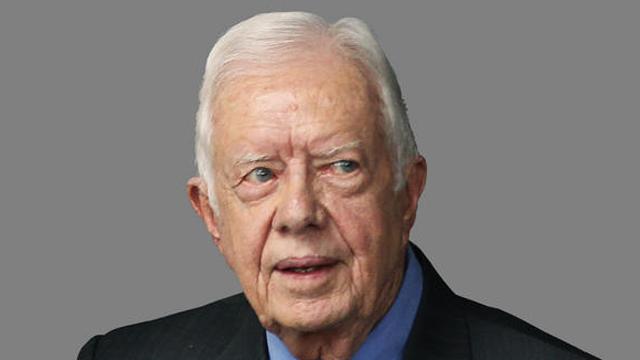One of the current themes of conservative evangelical Christianity is a persecution complex. They look for opportunities to be offended by popular culture (take the phony ‘war on Christmas’ in America, for example). And when something happens that could in any way be taken as an attack on Christians, they fall over themselves to proclaim how persecuted they are. This happened again this past week, as Louie Giglio, well known pastor of Passion City Church in Atlanta, was withdrawn from praying the benediction at President Obama’s inauguration. The reason was pressure from LGBT groups because of a sermon Giglio had preached in the 1990s about homosexuality.
The Gospel Coalition immediately jumped on this as a sign of an anti-Christian bias in society, of President Obama’s campaign of religious intolerance and (of course) of the fact that the conservative evangelicals must be right because Jesus said that people would hate them. Read their statement here.
It’s amazing how John 15:19 is taken so out of context it is made to say exactly the opposite of what Jesus intended. Go and read John 15 for yourself quickly. The immediate context is about love. It’s about proving our commitment to God, our devotion to each other and our service to the world by how much we love. And not the “tough love” advocated by James Dobson (so called “love” that would reject a child because of their sexual orientation, or cut off ties with a friend because of their divorce) but the sacrificial love of Jesus, who “while we were yet sinners”, gave up his life for us. Keep reading into John 16. The people that Jesus was warning his disciples about – those that would “hate them” – were the religious leaders. Jesus was hated by Pharisees and Saducees, not by the people. This is the tragic irony of the persecution complex: it’s actually conservative evangelical church leaders that Jesus was warning us about. They are actually the persecutors, not the persecuted.
Anyway, back to Louie Giglio, who I actually believe has done something different. He has provided a wonderful example of the grace and love we are supposed to be showing to the world.
It seems as if he withdrew his acceptance to pray at the inauguration (rather than being “disinvited” as the Gospel Coalition said). Read his statement here, and the Inaugural Committee’s statement here. In the light of a growing backlash to the invitation, Giglio – maybe under pressure from the White House – chose grace and peace and love. Rachel Held Evans has stated beautifully the value of this move by Giglio:
“I applaud Giglio’s decision to do as much as he could to ensure that something as sacred as a prayer did not become overly politicized or divisive. He made grace and peace higher priorities than his own celebrity. To me, that’s the essence of what Paul meant when he said, ‘As much as it depends on you, live peaceably with all people.’ We would do well to follow Giglio’s lead in this regard and discuss this situation with civility, not making more of it than necessary.”
I’d suggest, by the way, we should discuss the whole issue of homosexuality in the same way, too.
By the way, Rachel’s blog post on the issue is masterful. She explains that there is no denial of freedom of speech in Giglio’s removal from the Inauguration, nor are evangelical Christians being persecuted in America. Read her thoughts here.
It’s becoming too predictable, and a bad witness, that every little issue is seen as a storm, a denial of rights and a persecution by evangelical Christians – especially in America.
Thank you, Louie Giglio for your grace and wisdom.
Thank you, Rachel Held Evans for your insights and analysis.
Thank you, LGBT community for your continued concern and advocacy for people broken and wounded by a society and a church that does not know how to engage with you in love.
Thank you, God, for your patience with your creation and for helping us to inch forward – however slowly – towards the type of world that is truly “your Kingdom come on earth as it is in heaven”.



